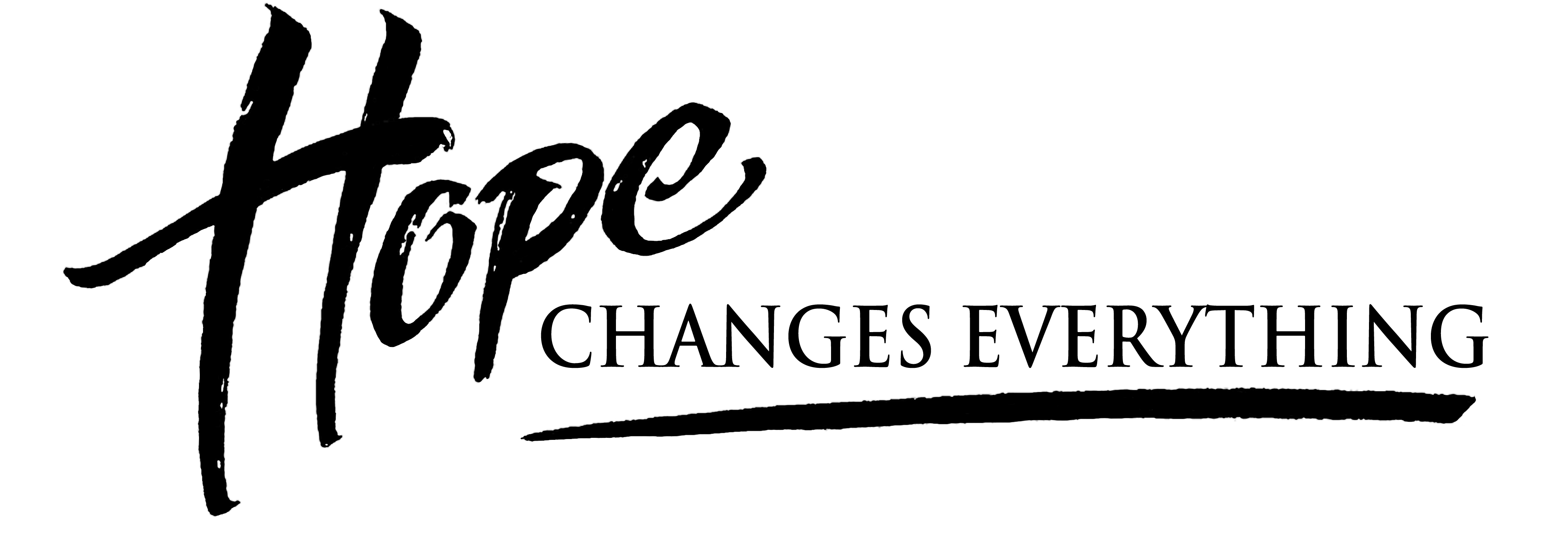Step Nine - Week 1
moderator
Made direct amends to such people wherever possible, except when to do so would injure them or others.
Spiritual Principle behind Step 9
Many believe the main Spiritual Principle behind Step Nine is Justice. It is in this Step where we make right the wrongs we have done. By the time we’ve reached this Step, we are ready to make our amends. First, what is an amends? Most anyone in recovery will agree, an amends is not merely saying we’re sorry. How many times did we cry, “I’ll never do that again” or “I’m so, so sorry, I really mean it this time!” and “I promise, I will do better next time…” Only to repeatedly neglect our promise and continue to plead for forgiveness for hurting our loved ones. An actual amends is a change in behavior. We make an amends to no longer repeat the actions that causes harm.
Would somebody like to read the next paragraph of the spiritual Principle behind step 9
We are once again Humbled (NOT humiliated) as we approach the Ninth Step. We have painstakingly looked at ourselves, our shortcomings and made our list. We have exposed the harsh realities of our wrongdoings and our fear of outcomes. We are now ready to come face to face with the people we have harmed and we do so with the humility we’d been practicing thus far. We have no control over other’s reactions to the Recovering person we’ve become. We usually pray before making our amends, asking for God’s help. In making our amends we may say something like, “I apologize for how I may have treated you. Is there anything I can do to make it up to you? I hope some day you can find it in your heart to forgive me.” And we leave it at that, pressing no further. They can either accept our amends or not. This is a new level of humility we have achieved.
moderator
In our amends process, we hope to be forgiven for our misdeeds. As a result, we in turn are more forgiving of others.
This also reintroduces us to the concept of powerlessness and this in conjunction with the Serenity Prayer reinforces we are powerless to control the reaction we receive yet at the same time, we are now wise enough to know we can't control it. At the same time this is something we must do. Leaving us vulnerable about the outcome but secure in the knowledge we have done the right thing.
Would somebody like to read the first part of the introduction to step 9
Made direct amends to such people wherever possible, except when to do so would injure them or others.
In taking the Ninth Step, we act on the knowledge that what we do really matters—that our actions have consequences in the world, for good or ill. The damage we did in our addiction is cleared away not only by honestly admitting what we have done, but by committing to setting things right. Reaching out to others to acknowledge and heal the wrongs of the past brings us freedom and serenity in the present. We call this process making direct amends. In Step Nine we make our best effort to contact the people we have harmed, admit the wrongs we have done them, express our remorse, and offer some kind of reparation. Most importantly, we change how we behave today. We do our utmost not to repeat the behavior that caused harm in the past, and we communicate this resolve to those we’ve hurt.
moderator
Many of us find ourselves worrying about the reactions of those to whom we make amends, hesitating to proceed with this step because of our fear. We can rely on our Higher Power to be with us throughout this process and to grant us the courage we need to move forward. Our part is to make the amends, without taking responsibility for the reactions of others. Some of the people we approach may accept our amends with understanding and forgiveness, and others may not. The response of any particular person, positive or negative, is not a measure of how well we make our amends. The success of our amends depends only on how honestly and thoroughly we make them.
Would somebody like to read the next part of the introduction to step 9
The Ninth Step can be a project of some magnitude. We work this step only when we have a strong foundation built on the preceding steps. Rather than be overwhelmed by the number of people on our Eighth Step list, or all of the harm we’ve done over the years, we simply make amends to one person at a time. Each person and situation has much to teach us. We can take our time, patiently dealing with the challenges we are ready for, and trusting that we will become ready for others in the future.
Throughout this process, we are mindful of our motives in making amends. Effective amends are as selfless and sincere as we can make them, with no hidden agendas. We want to be sure we are not using the amends process as an excuse to re-engage with people who prefer not to have contact with us. We also guard against using Step Nine as an opportunity to defend our past behaviors or to burden others with detailed confessions in order to relieve ourselves of our own guilt. In all cases, we check to see whether we are acting out of selfishness, simply in order to feel better, or from a desire to be liked and admired for having changed our ways.



